Starting Trumps Everything You Do Next
You will never learn everything about real estate investing. Learn enough and then start - GET IN THE GAME!
I was barely 21 years old when I caught the investment bug. Although I had a day job working at the phone company, I was already looking around for some way to earn extra income. Fixing rundown houses seemed like a good way to start, but most importantly, I could buy foreclosed houses from a local bank for hardly any money upfront.
.png)
That was my plan and although I had no experience doing fix-up, I did feel my tinkering around and making small improvements to my tiny G.I. tract house would somehow come in handy.
Looking back, the smartest thing I did was to start. I quickly discovered that lots of people are willing to help you and offer their advice when they see you’re new and eager to learn. Almost every clerk at the hardware stores and big box home improvement centers would show me how to fix and repair things when I purchased their materials. Obviously, creating new accounts was to their benefit as well! Almost anyone can learn to paint, cut tall grass and haul away truckloads full of junk. In fact, cleanup and painting represents about 80% of what’s needed at most rundown properties. More complicated tasks like plumbing and electrical can be hired out, but by observing their work, you’ll soon learn some basic stuff you can do yourself. I’ll repeat myself once again; the smartest thing I did was to start.
An excellent way to learn on the cheap is to drive around your neighborhoods where new construction (home building) is going on.
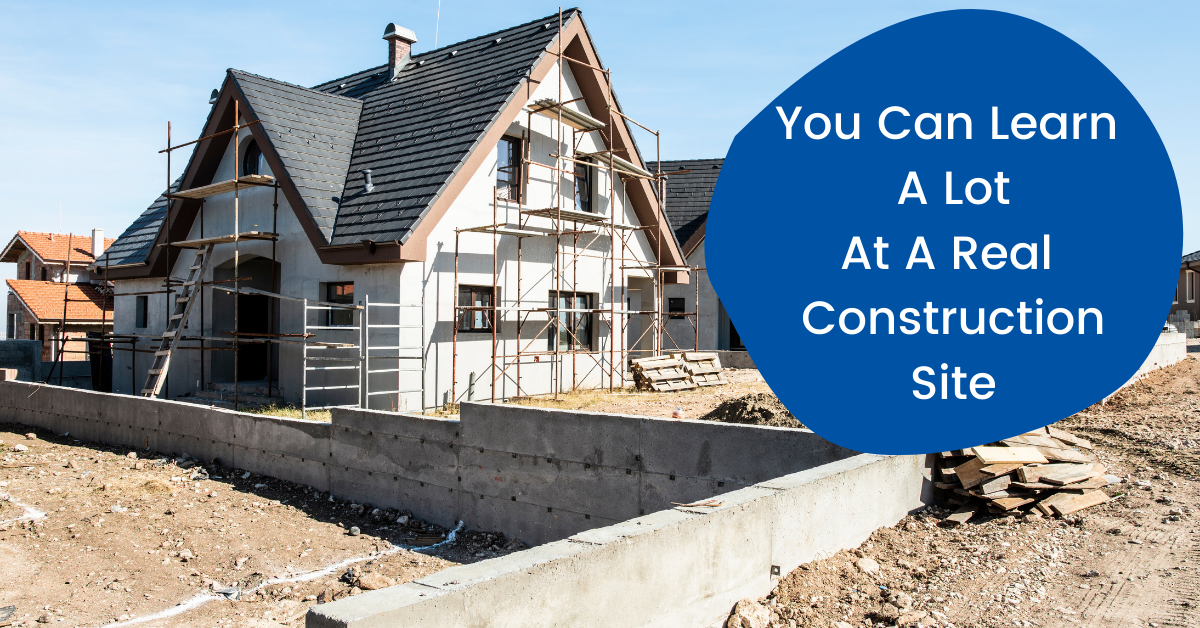
You can go to school on the various stages of construction. Houses start with pouring the concrete foundation. Naturally, the rough plumbing will be laid in place before the concrete is poured if you wish to see how the sewer and water lines are laid out. House framing starts next if the house is to be constructed on the concrete slab, otherwise; the sub-flooring will be built on top of wooden cross-members called floor joists. I knew very little about house construction when I purchased my first rundown houses. I found that driving around to local building sites during the different stages of construction provided a great education for me. I would recommend it to anyone who wants to learn.
I can still remember an early fix-up experience while upgrading a small bathroom; replacing the cabinets and sink. I was doing okay installing my new vanity and Formica countertop. I even cut the hole nearly perfect for my shiny new oval sink. As I proceeded hooking up the drain and supply lines, everything was going like clockwork until I turned on the water. It ran fine, but the drain seemed to be clogged up.
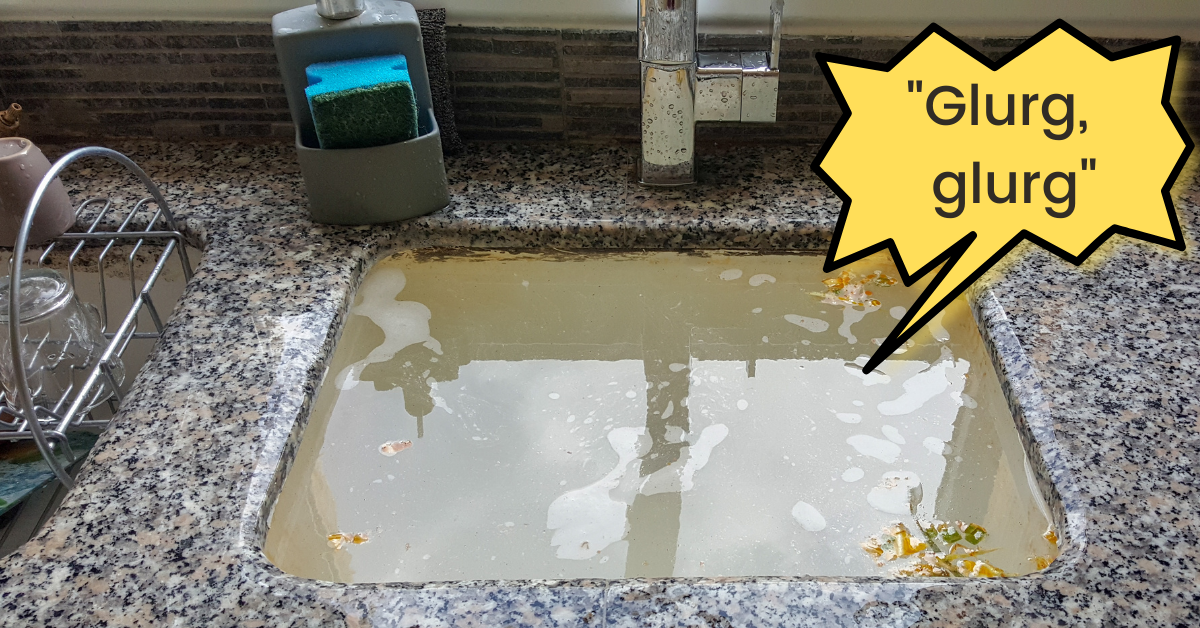
It was making some very strange sounding noises – glurg, glurg, glurg – then a couple blurps. I took the drain line apart and checked for blockages – found none, so I put it back together. My second test was more of the same – glurg, glurg, glurg with even louder blurps! So much for my plumbing skills – oh well, I still had my telephone job!
Long story short, I drove out to a local subdivision where 35 new houses were in various stages of construction. This time I was zeroed-in on finding a plumbing crew. My plan was to catch ‘em eating lunch and just sorta wander in the house and find a bathroom so I could take a peek at the drain lines. Everything worked out like I planned, but the drain line looked almost exactly like mine. I still didn’t have my answer. On the way out I said, “Hi guys” to the plumbers! They returned my “Hi” and even turned down their radio so they could hear me over the late Rush Limbaugh! I asked them; “Have you guys ever run into a sink that’s not plugged up but the water still won’t go down?
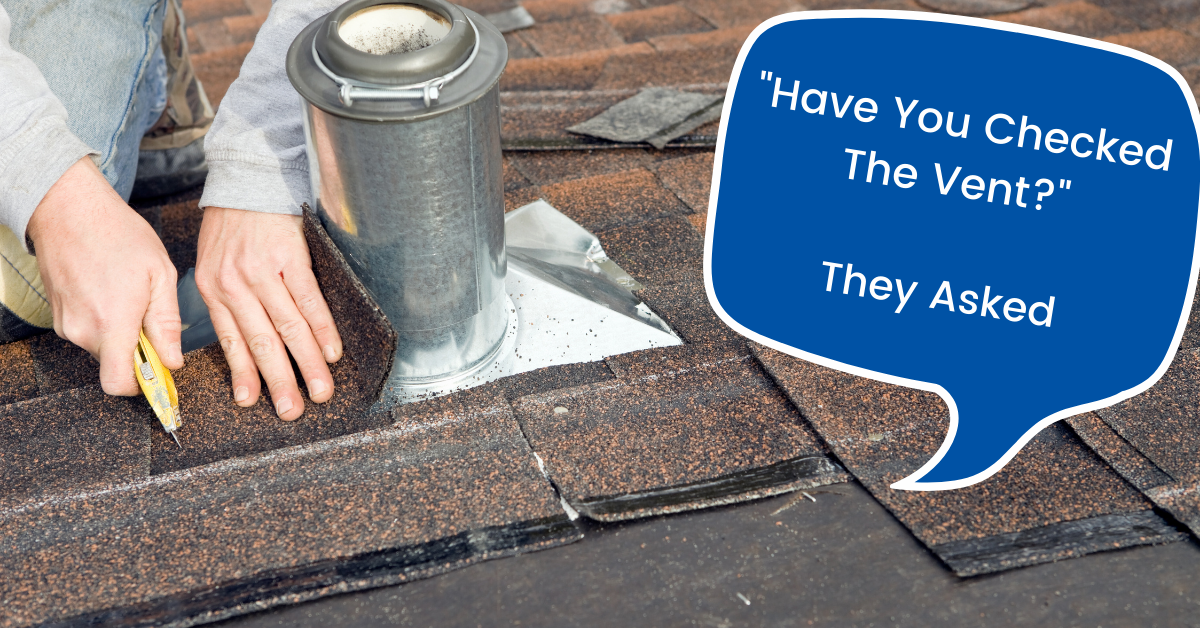
It just sits in the sink and gurgles!” “Have you checked out the vent, they asked?” VENT – “I don’t think I have one! Sure ya do buddy, every sink has a vent.” That was the last time I ever installed a sink without making sure it was property vented.
Before I leave the subject, allow me to suggest a couple do’s and don’ts. When you visit the guys or gals working on new tract houses - think about what you’re doing! Don’t disrupt them when they’re busy working. If you need to ask a question, try and make it real quick. These guys are paid to work and if their boss is around – or should he drive up when you’re talkin’ to his workers, it may get them in trouble. Here’s my technique; I sorta wander around the general area acting like I might be a potential home buyer before I ever approach any worker. I want to make sure the coast is clear and if I do ask a question or two, I’ll make it real quick – then move away! Remember, no boss likes to see his employee talking to someone instead of working.

Can ya say Hallelujah!
My transformation from doing home improvements and fixing stuff around my ol’ G.I. house as a hobby, to fixin’ houses for money, happened because I was willing to step outside the box and take what I would call, a very limited risk. Agreed, spending my savings to purchase that first fixer house sounds a bit risky and even though I had confidence in myself – it still takes a little blind faith and guts to hand over your money and commit to a plan. Countless wanta-bee investors attend workshops and seminars. They study investment books – even counsel with successful investors and still can’t muster up the courage to make their first buying decision. When you ask them why, they just sorta mumble something like; we’re not quite ready yet.
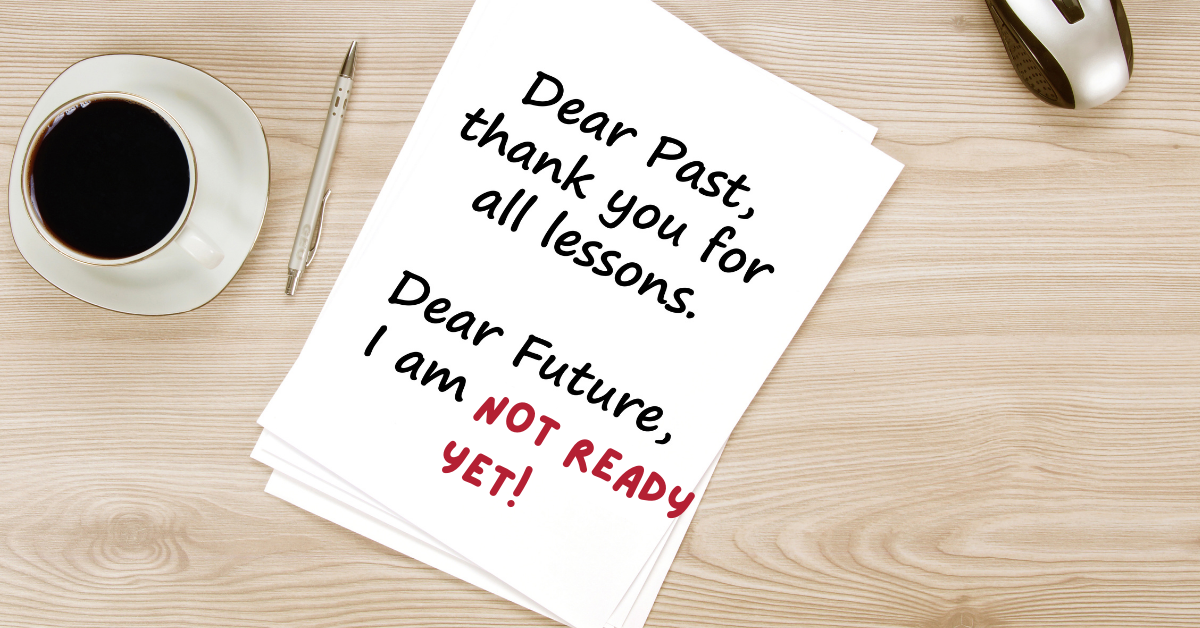
My advice; get ready quicker!
Looking back, I’ve always felt my willingness to contribute my personal hands-on labor sorta leveled the playing field with investors who had more money than me. I also figured that being a little bit familiar with various home improvements gave me a small advantage buying rundown properties. More than anything else, my limited experiences working on my ol’ G.I. house gave me enough confidence so I felt like there was nothing on a fixer house I couldn’t fix or at least make it a little better. Obviously, I had a lot more to learn, but I will tell you, the fastest and best education you’ll ever receive anywhere is your personal hands-on participation – on-the-job training we call it!
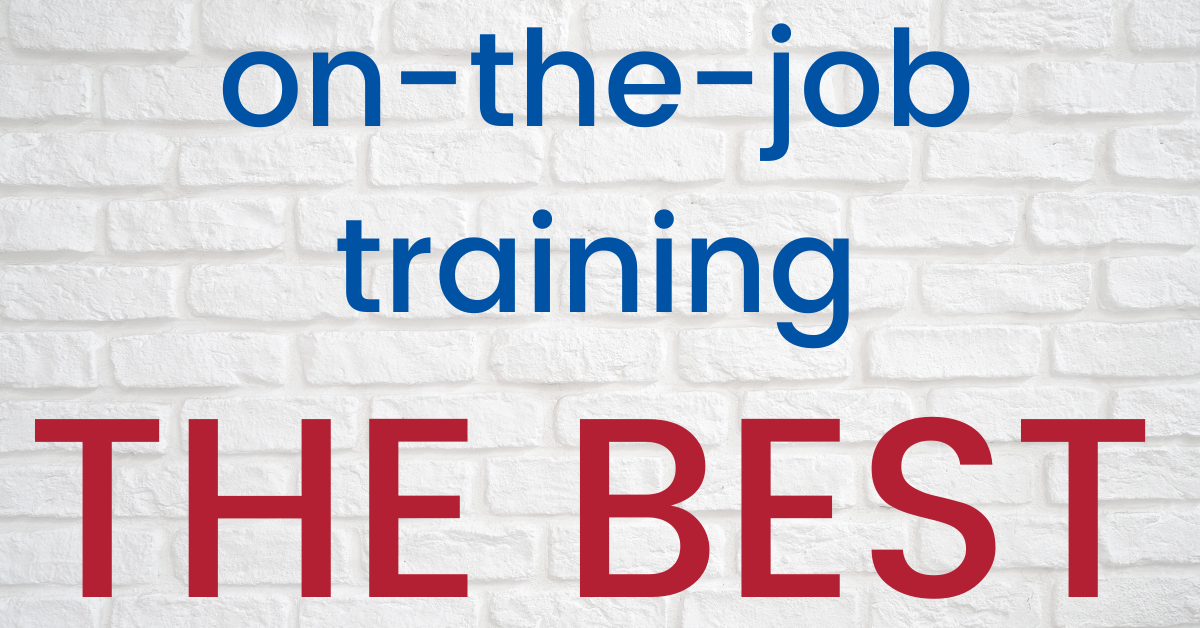
When I started, I barely had fumes in my savings account. I had very little knowledge about what kind of properties I should begin looking for. I also had serious questions about how I could compete in a market packed with seasoned investors who already knew the ropes. Investing can seem like a bridge too far when you’re wondering what you should do first. I will tell you from experience, straight-talk answers will greatly speed up your apprenticeship. No one is born an investor. You must learn the business from the ground up. Starting out on a solid foundation is your best guarantee for success. My latest “How To” book; “SWEAT EQUITY”, is written from the ground up.
.png)
It takes you from a small starting point to a financially secure finish line. It can be your roadmap and a constant guide, but it’s up to you, (the reader), to make the journey. Once again, I’ll repeat myself; the smartest thing I ever did was to get started.

